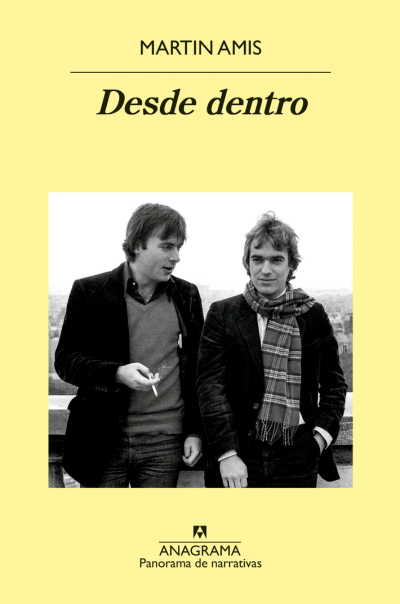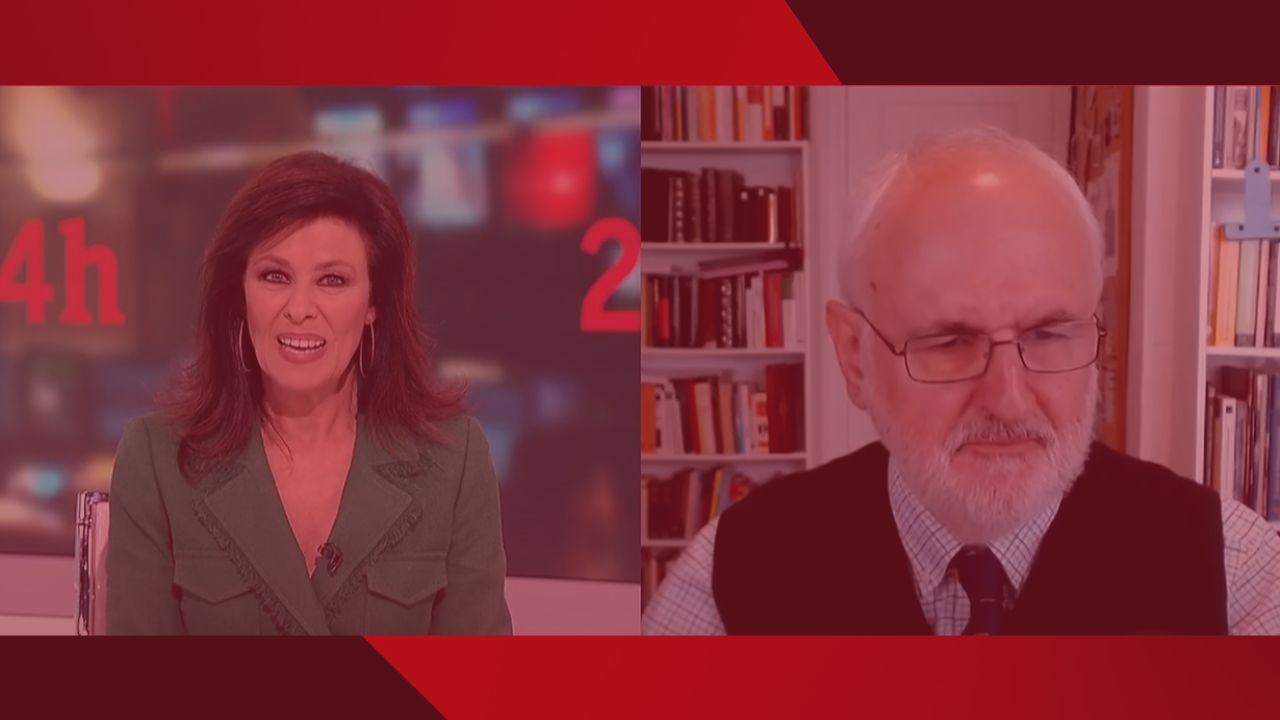On April 18th, the humorist David Suárez wrote on social media a very unpleasant ‘joke’ that I will not reproduce in these lines. And, as expected, the comedian was fired from his workplace by the controversial joke; partly due to social pressure and complaints filed by media users and viewers. Similar situations that were widely followed by the media were those experienced by actor Willy Toledo and rapper Valtònyc. On both occasions, an important social and media reaction criticized their prosecution. Therefore, the debate on what is freedom of expression and what is not, if it can be offensive, and, even more complex, who defines the latter, is still open and fully valid.
Indeed, talking about free speech is always equivalent to entering a wave of explanations and justifications, with which it is a question of clarifying an issue that, paradoxically, not only becomes more confusing, but also unsatisfactory. In order to correctly address freedom of expression, it is not possible to ignore its limits. In this sense, it seems logical that they were punished, but the truth is such punishments are too much in many occasions. Even more when talk about humor. At this point, the firm territory becomes swampy. Therefore, a sanctioning law should never be able to act against a person solely because he or she makes joking comments.
Instead of resorting to the law to put barriers to free speech, the sensible thing to do would be a widespread reproach towards those who disrespect in a burdensome way
Therefore, instead of resorting to the law to put barriers to free speech, with all the dangerous and delicate aspects that this entails, perhaps it would be wiser to ask why there is no widespread reproach towards those who disrespectfully in a serious way. Those who are unable to communicate with others politely should be ignored and their arguments be removed from further consideration. However, if this social condemnation does not occur, it is because, at the time, we abandon all ethical and moral obligation, to replace it, without any objection, by poor substitutes; for a false political correctness applicable only to specific cases. Thus, the transcendental nature of coexistence in society has been supplanted by a relativistic and myopic voluntarism that tends towards the most putrid individualism, favoured by today’s mainstream politics.
This time, the comedian has been reprimanded for his joke, and to some extent because of the sensitivity aroused by the matter at hand —since we already saw how actors reacted when the movie Campeones won the Goya for best film—; but this hypocritical sensibility disappears in the moment when it is precisely the transcendental that is attacked. It would be necessary to change the approach and that the maxim to follow is not «do not do to others what you would not like them to do to you», but «do for others what you would like them to do for you»; two extremes that, although they seem the same, are radically different. While the former tends to mediocrity, the latter aspires to the beautiful, good and true.






